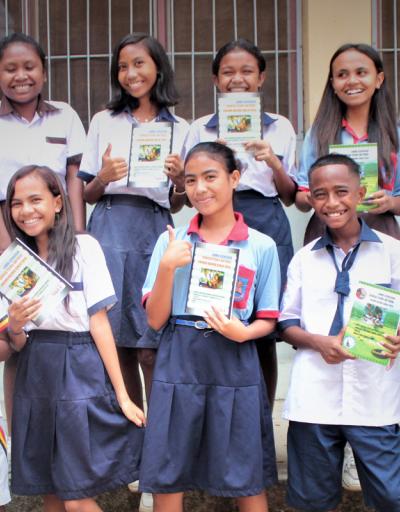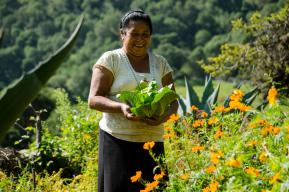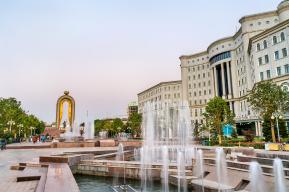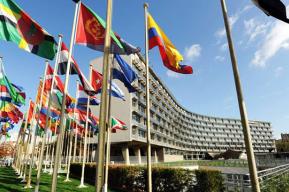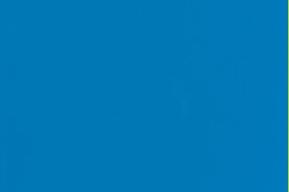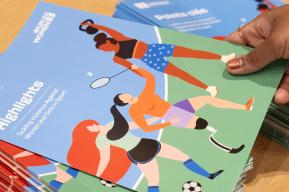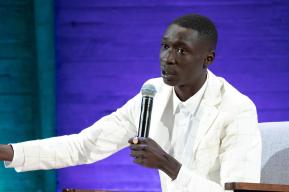By 2030 it aims to move from lower to upper-middle income status, with a safe, healthy and well-educated population. This achievement requires prioritizing education, with particular focus on building national capacity in science, technology and innovation.
Since the outbreak of the COVID-19 pandemic, learners in Timor-Leste, like others globally, have suffered the impacts of school closures. Lack of infrastructure and resources for distance learning made it difficult for the country to ensure educational continuity. UNESCO, which is supporting basic science education for grades 7 to 9 across the country with funding from the Korean International Cooperation Agency (KOICA), came up with the project ‘One Book One Student’. It produced the Basic Science Education Student Workbooks to provide free quality instruction during and after the pandemic.
On 25 October 2021, the workbooks were presented to Timor-Leste’s Minister of Education, Youth and Sport, Armindo Maia, by Roy Triverdy, UN Resident Coordinator for Timor-Leste, and Francisco Barreto from the Timor-Leste National Commission for UNESCO. Mohamed Djelid, UNESCO Jakarta Office director and its representative to Timor-Leste, joined the event virtually. H.E. Kim Jeong Ho, Ambassador of the Republic of Korea to Timor-Leste, reminded participants that high educational aspirations had been vital in his country’s economic and social development, and pledged his government’s continued support to Timorese students.

The ceremony celebrated another milestone in UNESCO’s efforts to help advance mathematics and science education in Timor Leste. UNESCO has previously supported capacity building for trainers and teachers, and access to materials such as encyclopedias and kits for chemistry and physics experiments. Along with the Basic Education Science Workbooks, UNESCO is developing the Distance Learning Programme for Science through the national Educational Broadcasting System (EBS). It will make science classes available to students through television, boosting national capacity in distance education, during the pandemic and beyond.


